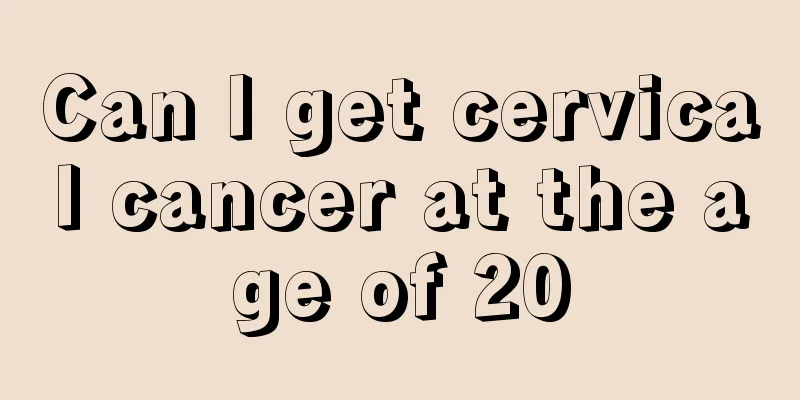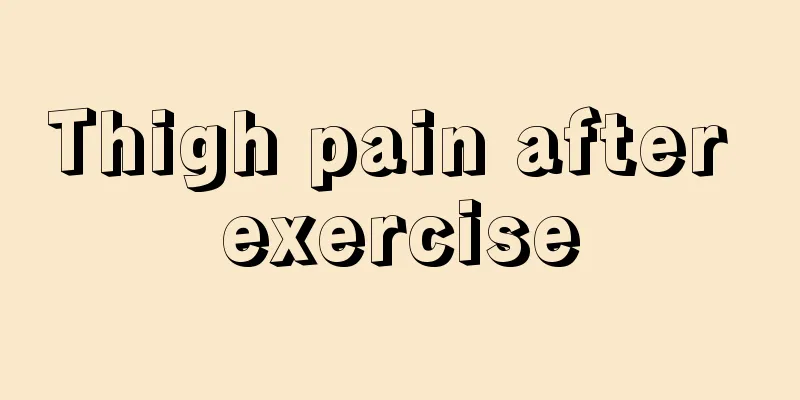Is insufficient blood supply to the heart easy to cure? What are the methods?

|
Sometimes internal organ mutations in the heart can cause poor blood circulation, or adverse mental changes in the patient or even climate changes can lead to coronary artery spasms, resulting in insufficient blood supply to the myocardium. Insufficient blood supply to the heart can cause chest tightness, palpitations and other discomforts in mild cases, while severe cases can lead to angina pectoris, coronary heart disease and other diseases. If there is insufficient blood supply to the heart, you should pay attention to it and seek medical treatment promptly. Insufficient blood supply to the heart can be cured by treatment. It is generally divided into drug treatment and surgical treatment. Drug treatment includes coronary dilation, blood circulation, and anticoagulation therapy. Surgical treatment involves doing a cardiac angiography and placing a stent in the narrowed section of the blood vessel. In recent years, with the continuous progress of diagnosis and treatment technologies for coronary heart disease, especially the publication of the results of large-scale evidence-based medicine trials, reasonable and effective intervention measures have been continuously applied in clinical practice. The following is a brief introduction to modern treatments for coronary heart disease. Percutaneous coronary intervention for coronary heart disease The world's first percutaneous transluminal coronary angioplasty (PTCA) was performed in 1977. In the early stages of interventional treatment, balloon dilatation was the main method used to treat coronary artery stenosis, which to a certain extent relieved the angina symptoms of patients with coronary heart disease. However, the problem of vascular restenosis after PTCA is serious, and some patients experience dissection tearing or even acute vascular occlusion during the operation. The advent of coronary artery stents was a milestone, as their placement reduced restenosis and the need for surgical bypass surgery. However, there is still a 10% to 20% incidence of restenosis after stent implantation, and it is even more difficult to treat in-stent restenosis. Intravascular brachytherapy, which has emerged in recent years, is effective for in-stent restenosis, but there are still some problems, such as late thrombosis, edge effect, aneurysmal changes, and operator protection. The emergence of drug-eluting stents is another milestone in the treatment of coronary heart disease. Its advent provides us with a new weapon to conquer vascular restenosis. Recent studies have shown that rapamycin and paclitaxel-coated stents can prevent rather than delay restenosis in blood vessels. Lipid-lowering therapy for coronary heart disease Lipid-lowering drugs are very important in the treatment of coronary heart disease. Many large-scale clinical trials have confirmed that statins can significantly reduce the incidence of non-fatal myocardial infarction and major cardiovascular events. The US ATP-III guidelines have set the cholesterol treatment target at 2.6mmol/L (100mg/dl). The guidelines emphasize that various risk factors should be controlled comprehensively according to the risk level of coronary heart disease. Intensive statin therapy has shown potential therapeutic benefits in patients undergoing both PCI and coronary artery bypass grafting (CABG). Statins play a very important role in delaying atherosclerosis, reducing adverse coronary events, and lowering the disability rate of patients with coronary heart disease. In particular, statins combined with coronary artery disease intervention or surgical bypass surgery have a more significant effect on improving patients' clinical prognosis. |
<<: What causes nosebleeds when washing face
>>: What is the cause of pain when bending and straightening the knee
Recommend
What is the difference between deafness and tinnitus?
The direction of deafness and tinnitus problems m...
Why do women blush?
There are many reasons why women blush. The physi...
The dangers of congenital scoliosis, timely prevention to reduce complications
Congenital scoliosis is congenital so there is no...
Several common causes of bile duct cancer
Cancer is the disease we least want to see. We al...
What's the matter with the raised bumps on the eyeballs
Everyone knows how important eyes are to us, but ...
Will stretch marks disappear automatically?
If a person gains fat and weight very quickly, th...
Try to find ways to prevent gallbladder cancer in your life
In recent years, with the gradual increase in the...
Can surgery be performed in the late stage of esophageal cancer? You can choose
In the late stage of esophageal cancer, surgery c...
Bronchitis with dry cough and no sputum can be treated like this
After bronchitis occurs, it is easy for people to...
What are the benefits of washing your face with milk
Since ancient times, milk has been a pure natural...
The cold wind gives me a headache
When the weather is hot in summer, people will th...
Should I apply the cushion or sunscreen first?
In summer, sunscreen is very important for young ...
How to treat ADHD in adults?
I believe everyone has a misunderstanding that AD...
What kind of diet should lung cancer patients pay attention to? Three dietary suggestions for lung cancer patients
Among the causes of lung cancer, one of the more ...
Count the specific symptoms of prostate cancer patients
Prostate cancer is a common tumor disease that af...









